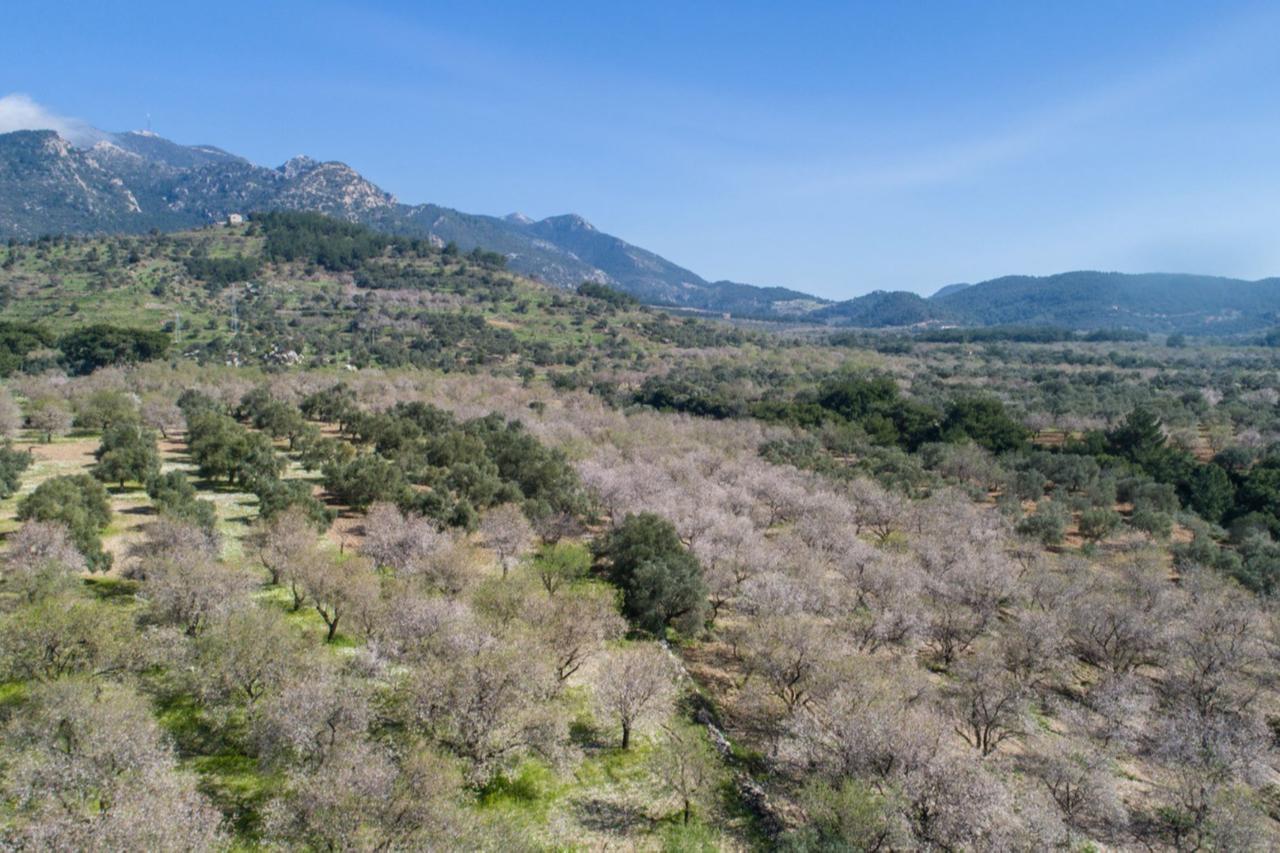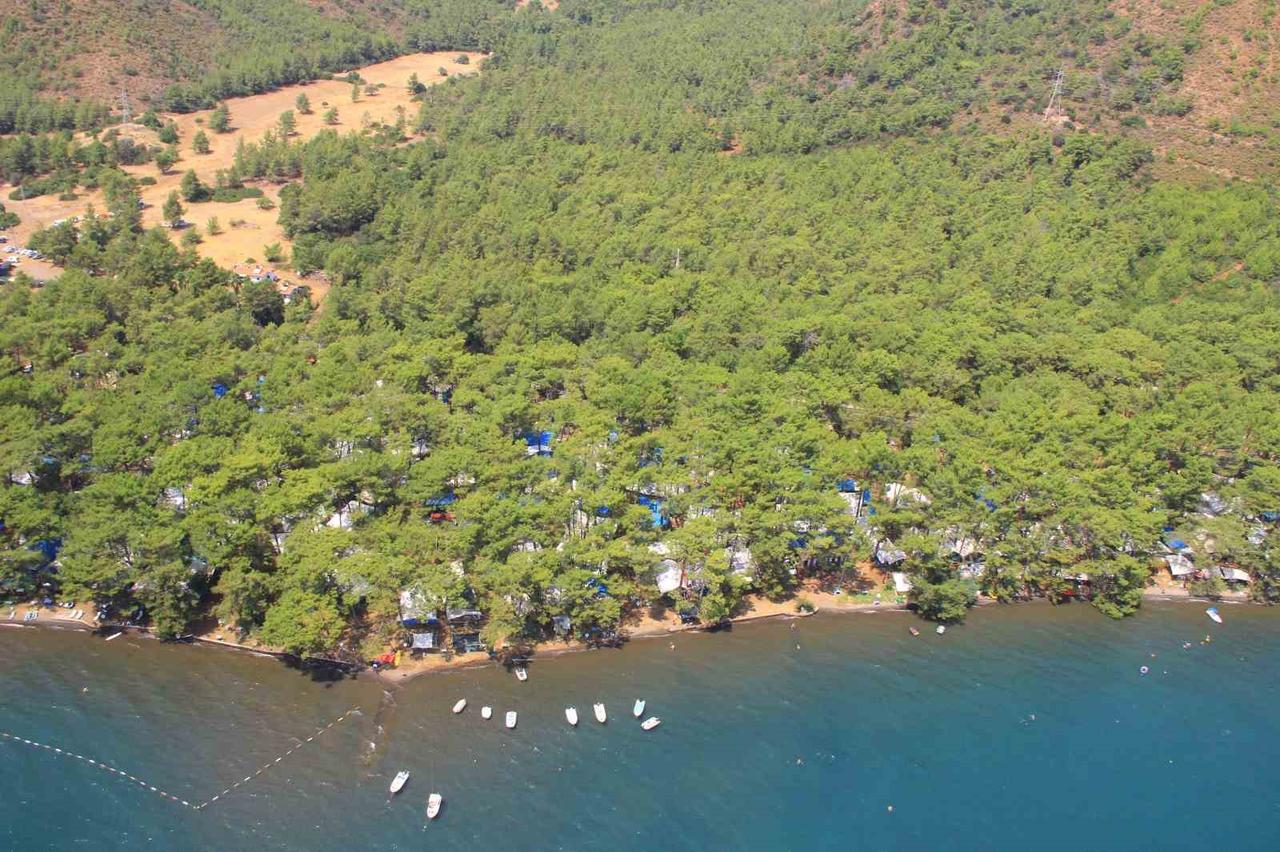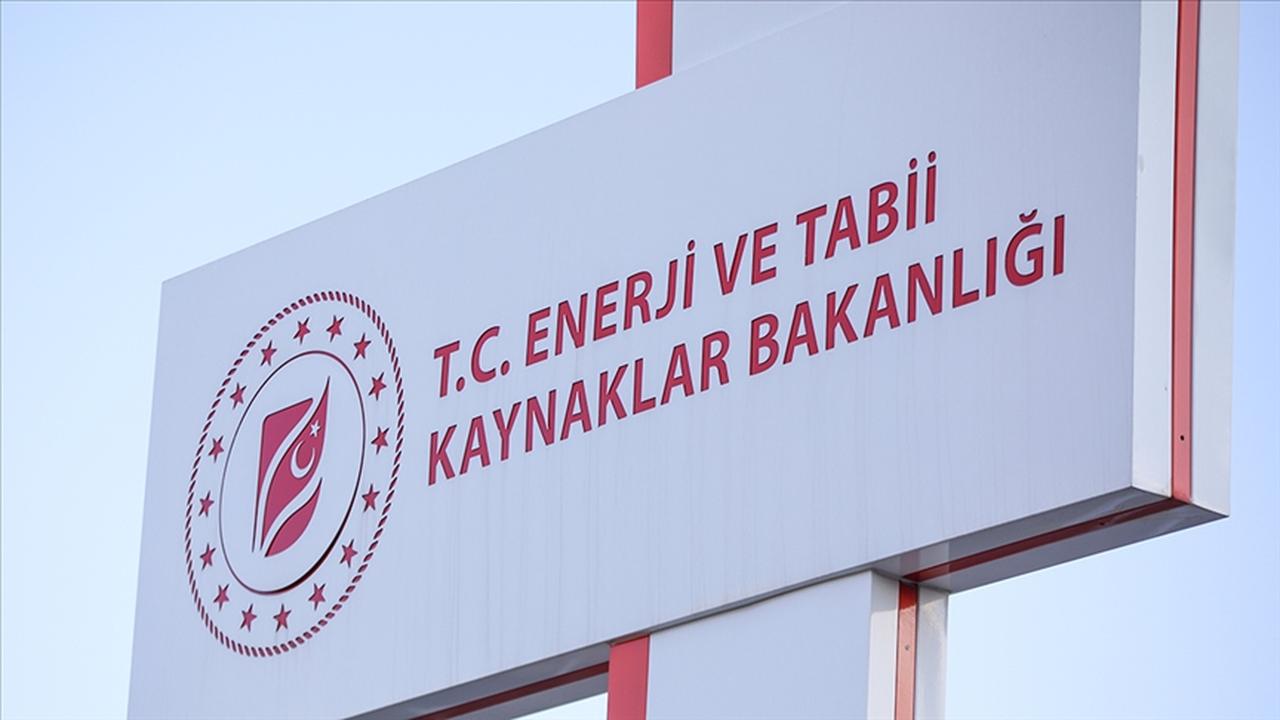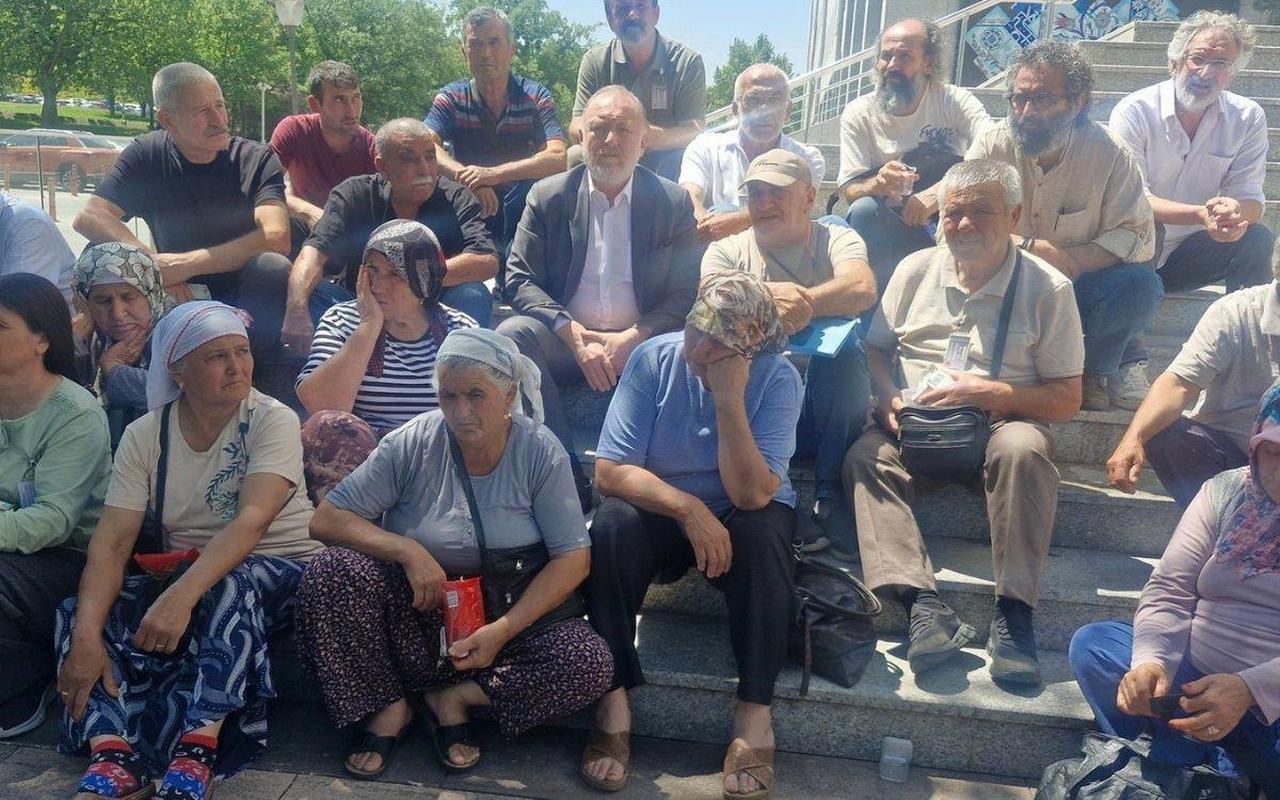
Türkiye’s Parliament on Saturday approved a wide-ranging legislative package allowing mining operations in areas officially classified as olive groves, drawing strong criticism from opposition parties and environmental organizations.
The 21-article omnibus law passed with 255 votes in favor and 199 against.
At the center of the controversy is Article 11, which introduces a temporary provision to the existing Mining Law, enabling lignite mining in designated olive-growing areas in southeastern Mugla province to supply nearby thermal power plants. The provision has been dubbed a “super permit” by critics who argue it circumvents existing environmental protections.

The newly enacted law grants the Energy and Natural Resources Ministry the authority to approve mining projects in olive groves or lands with existing olive trees if the mining is essential for electricity production and cannot be carried out elsewhere. In such cases, companies will be permitted to transplant olive trees to nearby areas within the same province or district.
Mining companies are now also required to create new olive groves equivalent to at least twice the number of trees displaced, ensuring some level of ecological compensation. Additionally, if the land is expropriated, the state may lease alternative plots to the former landowners for 20 years at a rate determined as 1% of the tax-assessed land value. Lease terms may be extended for 10-year periods if the lessee complies with maintenance obligations.

The legislation sparked protests among local residents and environmental groups, particularly in southern and western regions where olive cultivation is central to local livelihoods. Civil society groups, farmers, and opposition parties argue that the law undermines existing protections in Türkiye’s Environmental Law, Olive Law, Forest Law, and related statutes.
Critics also voice concern that protected areas such as national parks, wetlands, and wildlife reserves could be exposed to future development under the new rules. Another key point of contention is the introduction of a clause allowing mining projects to proceed automatically if relevant public agencies fail to respond to environmental review requests within three months.

The law grants further authority to the government in support of energy and mining activities. The Energy Market Regulatory Authority (EPDK) is empowered to issue urgent expropriation orders for renewable energy projects until Dec. 31, 2030. Projects operational by that date will receive an 85% discount on permits, leases, and easement fees.
A five-year extension has also been applied to incentives for using domestic energy resources, a move intended to lower energy imports and ease the country’s current account deficit.
The government sees the law as a necessary step to accelerate renewable energy investments and simplify the permitting process for wind and solar facilities. Strategic and critical mineral resources are also prioritized, with state authorities allowed to fast-track land acquisition and impose production or storage mandates via presidential decree.
The law also introduces tighter regulations for mining companies. Firms must now provide investment guarantees before receiving exploration licenses, ensuring only financially and technically capable entities can operate. Licenses may be revoked if firms fail to meet minimum production quotas.
Additionally, the General Directorate of Mining and Petroleum Affairs (MAPEG) may issue cost-free permits for up to 24 months for exploration in state forests, bypassing standard environmental approval procedures if forest clearance has already been granted.